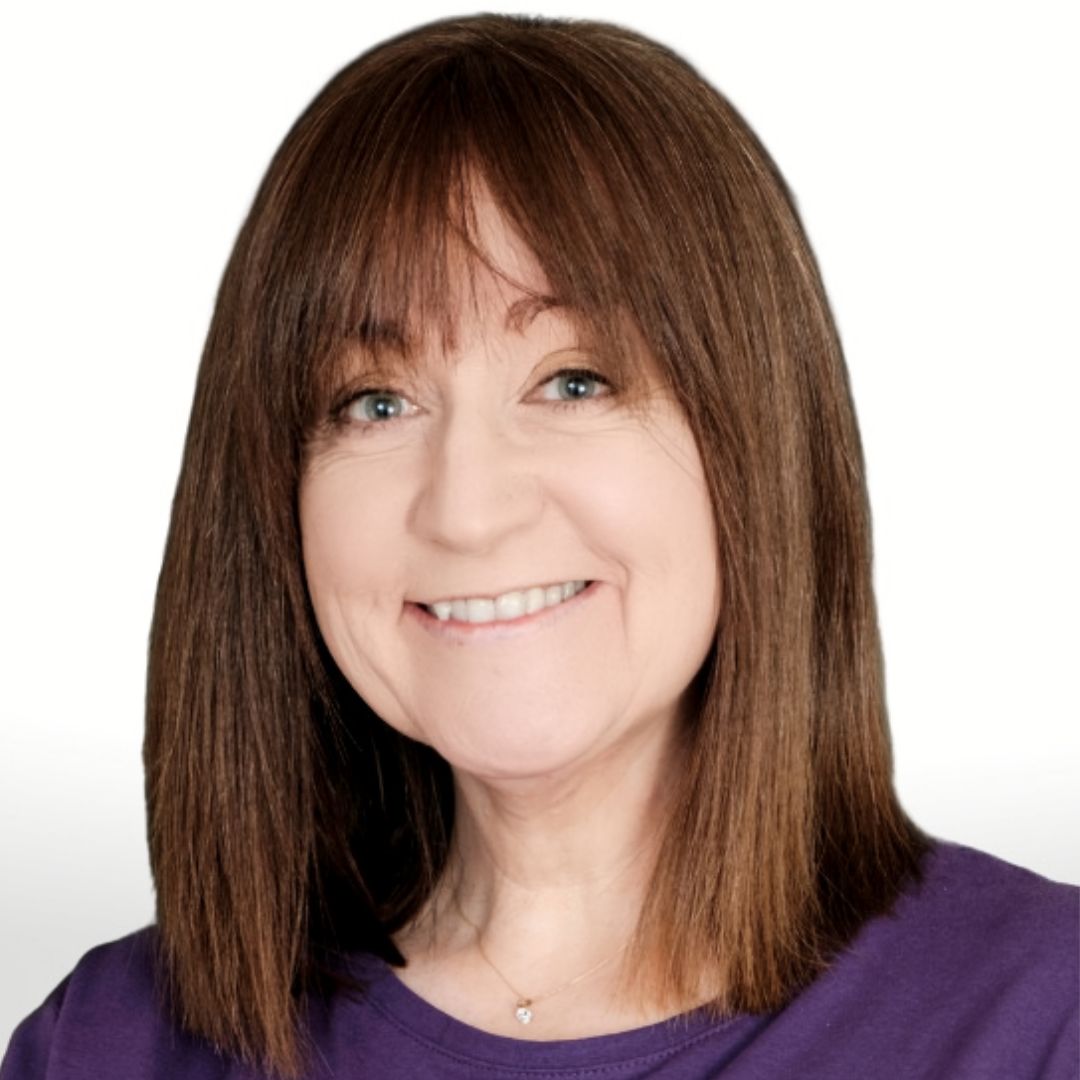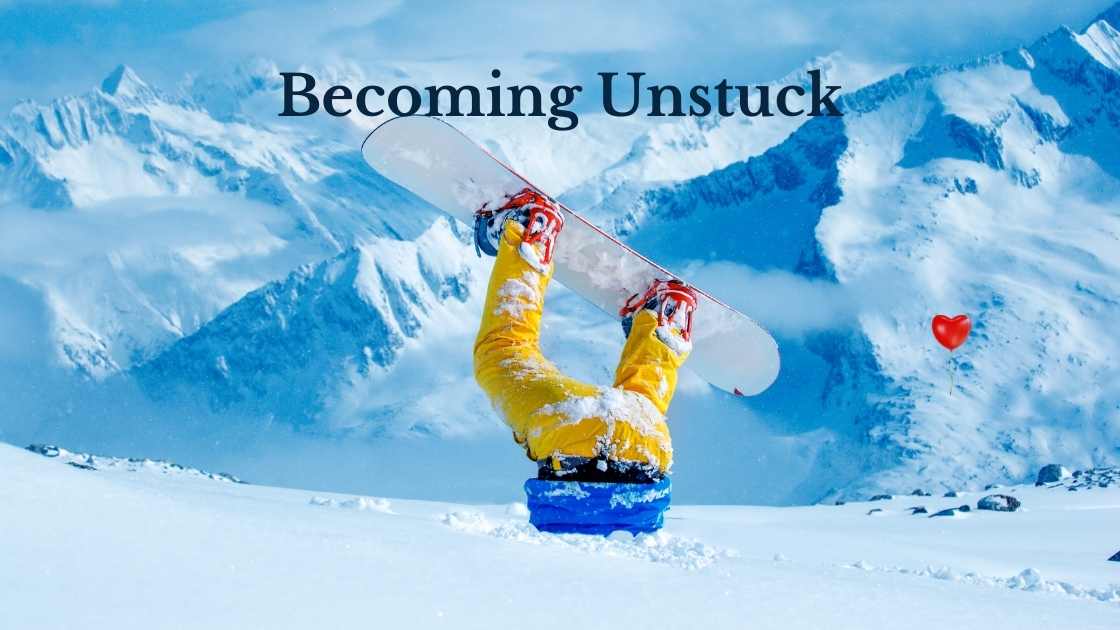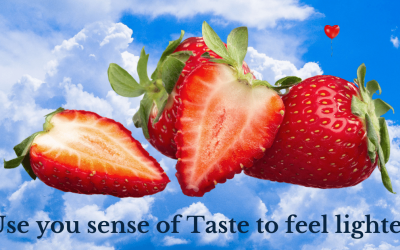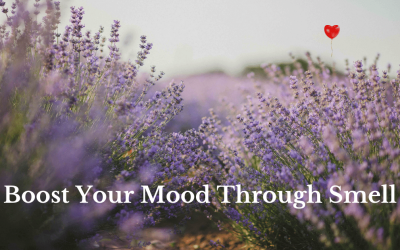Becoming Unstuck
Becoming Unstuck. One theory around how we develop as healthy people throughout our lives comes from the psychologist Erik Erikson. It’s a Psychosocial theory meaning it looks at how personality and behaviour are formed by the combination of internal factors, the psyche and external, social, factors.
Erikson’s Stage Theory
The theory takes us through 8 stages of life. In each stage there is a conflict/ battle/ tug of war between a healthy and an unhealthy development. Of course, there’s a spectrum but the futher up the healthier end the better. If outside forces, friends’ family, society and internal thoughts combine successfully, we gain what he called a virtue, self-esteem for example. Now psychologists generally believe one stage doesn’t have to be completed to move on to the next. Let’s take a look at the “virtues” and in an ideal world when we might have first put them in our toolbox.

Becoming Unstuck
The 8 Virtues
1. Trust
From we’re born to we are around 1 we develop the ability to trust. Knowing you are safe, a parent can be relied on to help you if you’re distressed and that if they leave, they’ll come back. Anything different and mistrust can win out.
2. Autonomy
By the Early childhood stage, 1-3 years, being able to do certain things on our own, like potty training and not being shamed / feeling shame about it develops will / autonomy.
3. Purpose
During Play Age, 3-6 years, we need support for using our own initiative and not feeling guilty about having a mind of our own, this gives us a sense of purpose.
4. Competence
The School Age stage, 6-12 years, the conflict is between industry and Inferiority. If our efforts are praised fairly, it increases self-confidence and we feel encouraged to put in the work in to get competent. Not being encouraged can make you feel inferior.
5. Sense of self
Adolescence, 12-19 years, sees the conflict between Identity, who you are and able to stay true to yourself throughout life. If we remain confused about who we really are we’ve difficulty knowing what beliefs and behaviour are our own, leaving us more prone to being manipulated.
Connect to the Real You with 10 Questions (welcomehypnotherapy.co.uk)
6. Love
The Early Adulthood stage, 20-25 years, is about developing the ability to form bonds, intimacy versus isolation. Love is the successful outcome.

Y
7. Care
At the Adulthood stage, 26-60 years, contributing to society and not stagnating, allows you to think outside of yourself and care for others.
8. Wisdom
The final stage is Old Age, 65- , (although 65 is the new 45! – I’m using Erikson’s age brackets) people look back on their life. Knowing they have cared and been productive gives a sense of integrity and the virtue of wisdom as opposed to despair.

Becoming Unstuck
Have you found your lacking in one of the building blocks for health in this model? Maybe you developed them at a different stage of life than the ones given here. Of course, not everyone reacts the same, even identical twins in the same circumstances might react very differently. You might have wanted to prove someone wrong and that gave you the drive to succeed, but it’s a useful model for giving you a chance to see where you might need help and of course hypnotherapy can help you work on achieving these virtues and becoming unstuck.


Author: Janet Adams
I am a qualified Hypnotherapist and Psychotherapist based in Belfast but offering treatments virtually as well.
Contact me to see if I can Help You.
Phone Number: +44 7952 345840
Email: janet@welcomehypnotherapy.co.uk
Message Me
Use you sense of Taste to feel Lighter
When you imagine future success or remember a pleasant experience or go on a journey of relaxation with hypnotherapy all your senses are called on to make the positive experience come to life and yes you can feel lighter
Boost Your Mood Through Smell
Boost Your Mood Through Smell. The power of your sense of smell is often overlooked. Boost Your Mood Through Smell. The power of our sense of smell is often overlooked find out how to make the most of this super power.
6 Ways To Stay Sane
6 Ways to Stay Sane: 6 Ways to stay sane – Welcome to my, by no means exhaustive, list. Alternatively titled 6 Ways to Stay Sane (enough!) We are all human and hypnotherapists face the same emotional challenges in life as everyone else. The goal is not...
Support My Blog Posts By Sharing on Social Media.



